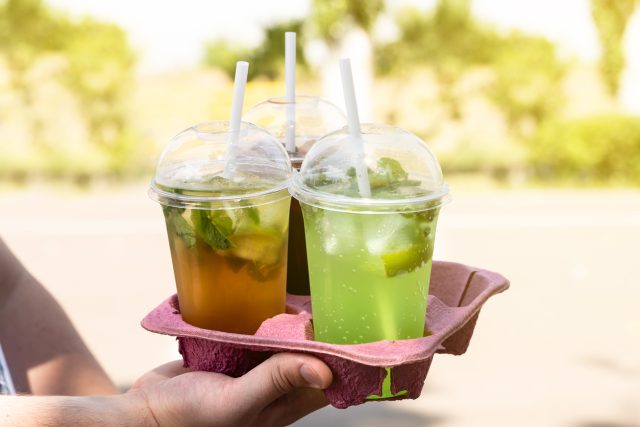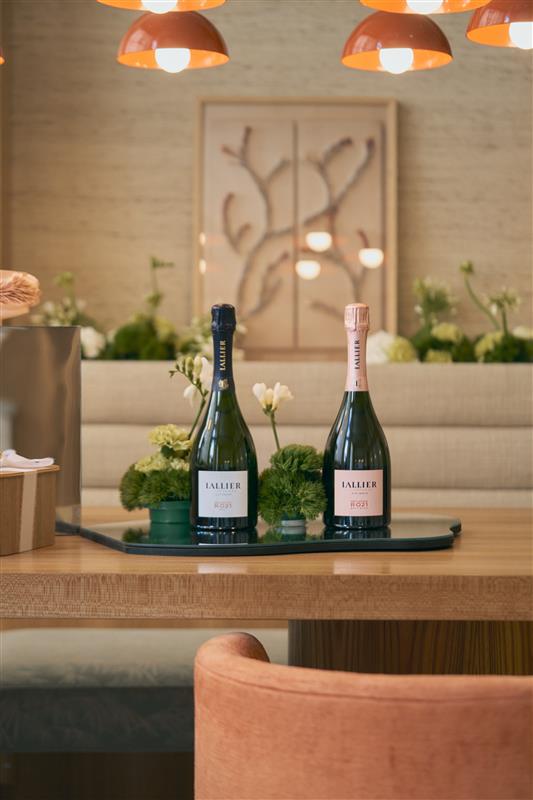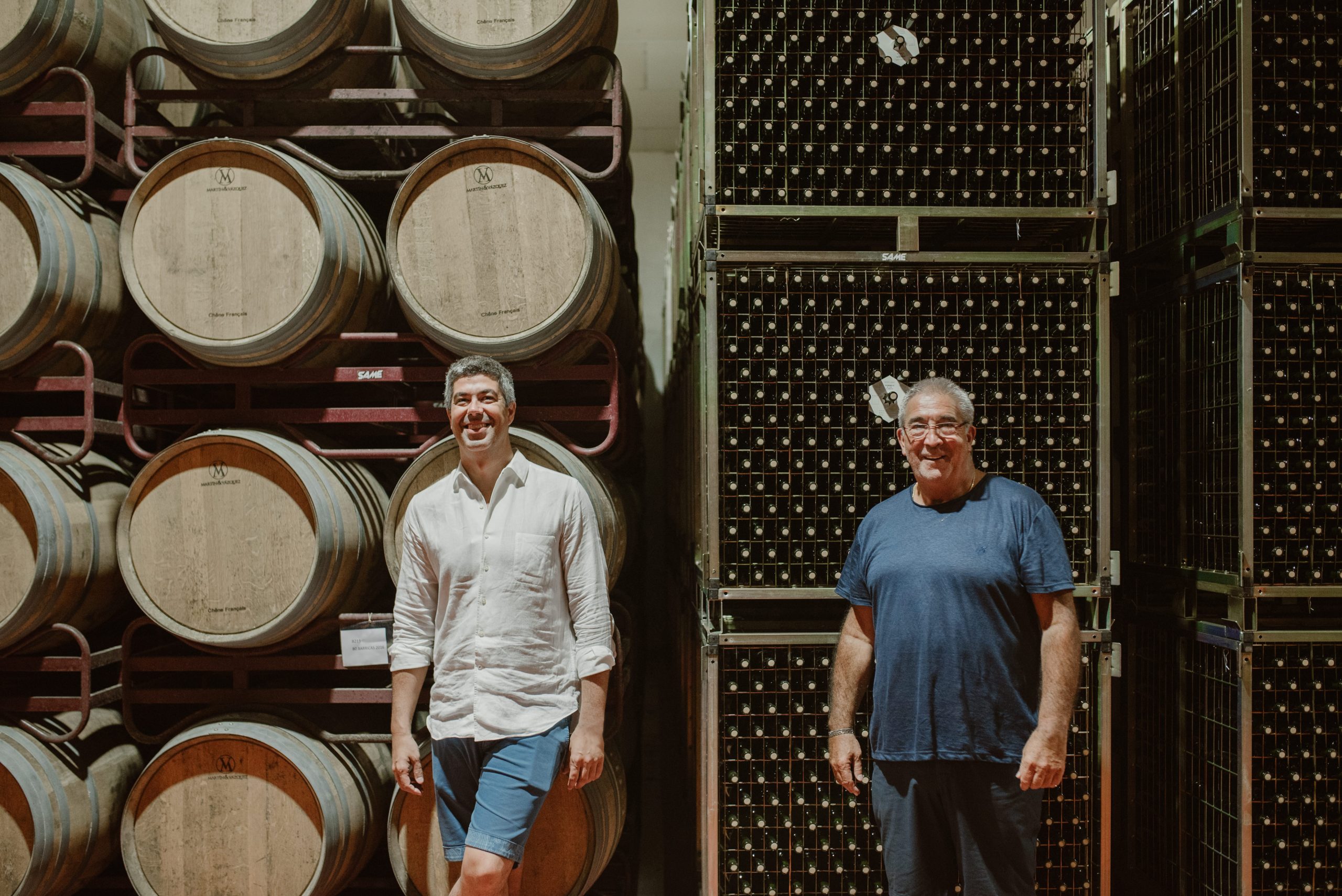Spirits sales eclipse beer in US restaurants due to cocktails-to-go
Spirits are outselling beer in US restaurants due to the demand for and availability of RTD cocktails-to-go, according to reports.

The uplift in spirits domination is reportedly down to take-out cocktail sales, plus with additional states having passed laws making cocktails to-go permanent, the category is rumoured to still have headroom to grow, further eclipsing beer.
For instance, 30 US states recently agreed to continue allowing cocktails to-go to be sold in bars and restaurants as the on-trade recovers from the effects of the pandemic. The move, which the Distilled Spirits Council of the United States (DISCUS) has welcomed means that, essentially, 16 US states have allowed cocktails to-go to be sold permanently in the on-trade, while 14 states have legalised the move on a temporary basis, giving the industry further room to grow.
Back in February, db reported how distilled spirits gained market share in the US for the 13th straight year up to 42.1%. This means that, for the first time, supplier revenues of spirits superseded beer. However, the situation has developed and the reasonings for the boom are still being discussed, argued and explained from far and wide across the industry.
Speaking to FSR reporters, Trevin Hutchins, bar director at in San Francisco, California, explained: “The industry has definitely seen a massive boom. Beer is typically consumed straight, but spirits, you have a whole secondary industry where bartenders elevate and combine them with [fresh ingredients] consumers already know, creating more excitement behind the spirit.”
As such, distilled spirits are being boosted toward an even greater market share, however the US beer industry recently took a sideswipe at the spirits sector asking consumers to hold liquor accountable and side with beer stating that “large liquor companies inflate their bottom line by exploiting loopholes in our tax code”.
Partner Content
In response, DISCUS president and CEO Chris Swonger bit back and stated:“It’s clear the beer industry is desperate after years of losing market share to distilled spirits. Despite the fact the beer industry has for decades enjoyed significant distribution and tax advantages – with a tax rate that is more than two times lower than spirits – they are still losing consumers. It’s unfortunate big beer companies would stoop to the level of using misleading information to attack the spirits sector and its consumers, rather than investing in beer products that consumers actually want to buy.”
Data from the DISCUS report showed 83% of respondents wanted to purchase spirits-based RTD cocktails at restaurants and bars, and sales of spirits-based RTDs rose by 42% to US$1.6 billion in 2021.
Nicolette Teo, co-founder of California’s L.A. Spirits Awards explained: “It’s another source of revenue that builds brand loyalty” and explained: “The pandemic definitely accelerated innovation, but it’s using fresher ingredients, experimenting with flavor profiles and herbs, and upping the quality of RTD cocktails. If you’re comparing to beer, spirits offer more because they’re not just malt-based and there’s many spirits, many ways to experiment, and demand is there.”
Brian Raab, partner at Scottsdale, Arizona’s Fat Ox, The Mission, and Zinc Bistro pointed out: “You’re also seeing, ‘My dollar isn’t as strong so I’m going to purchase an expensive cocktail, but I’ll have one or two versus two or three glasses of wine, or three or four beers.’”
He explained that the reasoning behind it was actually conscientious consumerism due to the economy pushing a more premiumised mindset. Raab added: “Consumers gravitate toward sipping Tequila or a top Bourbon or whiskey, and choose their cocktails wisely because they’re more dollar-conscious and want to get bang-for-their-buck when purchasing a drink for the night.”
Related news
The most interesting conversations db had in 2025
Karuizawa Distillers aspires to be major Japanese whisky player




